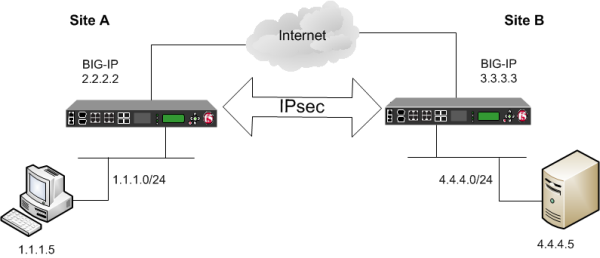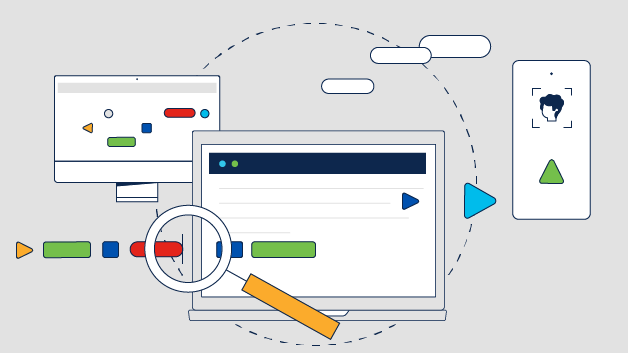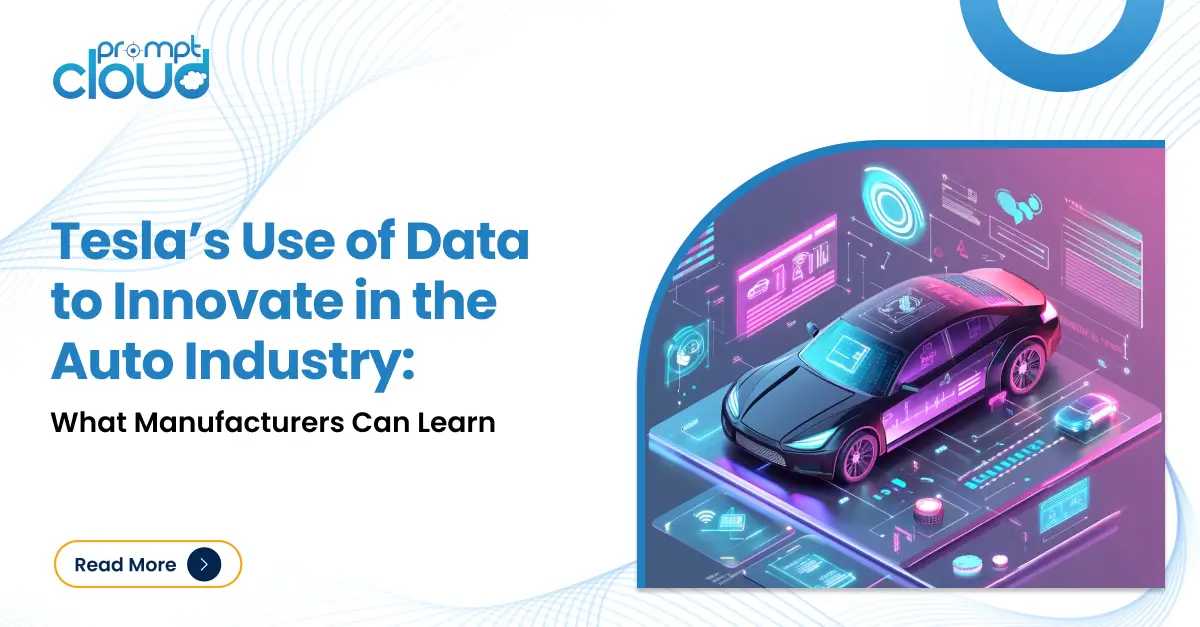Introduction To Data Security:
Data security, also known as information security or computer security, refers to the ways and measures adopted by an organization to secure its data from unauthorized access and corruption. It is an indispensable asset and is, therefore, often targeted by online criminals. Data security has become important for IT companies, irrespective of their size and type in today’s digitized world.
In most circumstances, remote devices of an organization become the target of attackers who try to gather sensitive content for malicious means. To maintain data security, these companies use solutions such as tokenization, data encryption, and other such similar features. With the growth and reach of the Internet, cyber-attacks will grow over time, and therefore, having a solution at hand is important. There are many benefits to having data security solutions at your organization:
Keep Sensitive Information Safe:
Bank information, credit card details, contact details, addresses, political affiliations- all of these and more are sensitive information protected at all costs by organizations. Breach of such data seen as incompetency of the organization.
Even seemingly trivial things such as customer preferences have become important information and major organizations such as Google and Facebook have come under the radar for revealing such data to third-party organizations.
Maintain Your Reputation:
Keeping data safe and secure will ensure that your customers trust and value you. Privacy is a fundamental right and if you cannot protect it, then it will be detrimental to your business. While you may have to pay thousands of dollars depending on the extent of the data breach. You will also damage your reputation.
Stay Ahead Of Competitors:
Keeping sensitive information of your customers safe from disclosure will mean more customers flocking to you and thus, keep you ahead of the competition. Also, protecting your plans and preventing access to it will help you grow faster.
Saves Money:
Incorporating data security solutions at a very basic level in your system will ensure that in the long run. You spend less on support and development.
Types of Data Security:
Data security software essentially keeps a network or remote device safe from online threats on connection to the Internet. It can also keep programs and operating-systems safe. Such software built to understand rules that it can apply when internet security is in danger.
Some Of The Common Types Of Data Security Are:
Network Layer Security:
Cryptographic techniques and other internet protocols that protect emails used to protect TCP/IP on the internet. SSL and TLS used to govern the traffic on the website, PGP for mail, and network security backed by IPSec.
You can put these through their paces when you manage your attack surface, with the aim being to ascertain whether there are any vulnerabilities in your existing infrastructure or security setup.
IPSec Protocol:
The IPSec Protocol developed to guard interaction using TCP/IP and its main aspects are the Authentication Header (AH) and Encapsulating Security Payload (ESP). Designed by the IETF, it provides security by using cryptography, and the data is further altered using security methods.
Email Security:
The content of an email and its safe access overlooked by certain measures that make up Email Security. The whole life process of electronic mail divided into steps that start with the structure of the message. Software that keeps email security in check put into work by the service provider to protect data from hackers and secure subscriber accounts.
General Data Protection Regulation (GDPR)
In April 2016, the European Parliament adopted the General Data Protection Regulation (GDPR) that replaced an older data protection law from 1995. According to the new policy, businesses need to keep personal data of European Union (EU) citizens for transactions that occur within its borders. The GDPR also regulates the export of data outside the EU.
For companies regulating within the 28 member states of the EU. This means compliance with the strict rules that promote the active protection of consumer data. Compliance will be a challenge to most companies due to the new systems that they will now need to put in place.
For example, personal identification information constitutes a wide range of information according to the GDPR. Companies will have to protect information such as an IP address with the same zeal as they would for a Social Security number.
After the EU adopted the GDPR, data security and privacy came into the limelight and American data privacy too became a hot topic. Congressional hearings of Facebook founder Mark Zuckerberg have made it clear that the US is moving towards a similar direction when it comes to privacy. Many states have laws of their own, the California Consumer Privacy Act being the best example.
Privacy is increasingly becoming more and more important which was the prime factor in putting the law in motion. The Data Protection Directive, which was in place before the GDPR, was made at a time when the Internet was still new and not the business hub it has become in recent years. Thus, it is clear that the directive was outdated and cannot protect how data is collected, stored, or transferred.
RSA Data Security & Privacy Report:
According to the RSA Data Privacy & Security Report, 80% of consumers reported lost banking and finances as being a concern among the 7,500 consumers that were surveyed. Loss of sensitive information such as passwords or identity information such as driving license was a concern for 76% of those surveyed. Among these people, 62% blame the companies for the lost data. They expect organizations to protect their information and prevent breaches.
However, when these companies fail to do so, consumers take their preventive measures. Around 41% of the respondents admitted that they provide false data intentionally when using online services. When and if a breach occurs. Consumers are unlikely to forgive the company and 72% of US respondents would rather boycott the company.
Thus, it is clear that consumers are increasingly becoming more informed and value transparency over anything else. To succeed, companies will also have to take data security more seriously than ever before.
Conclusion:
In the digital age, where everything is accessible to everyone with the click of a button. It is important to draw a line between information worth sharing and those that require protection.
For a company, keeping sensitive information safe from hackers is a must if you want to earn consumers’ trust. With laws such as the GDPR, this fact has transformed into a reality. As the age of the Internet progresses and the form of valuable information changes to something else. Data security solutions will also have to change to protect privacy. That is why at PromptCloud we always keep our customers and client details safe and secured at all times.






















